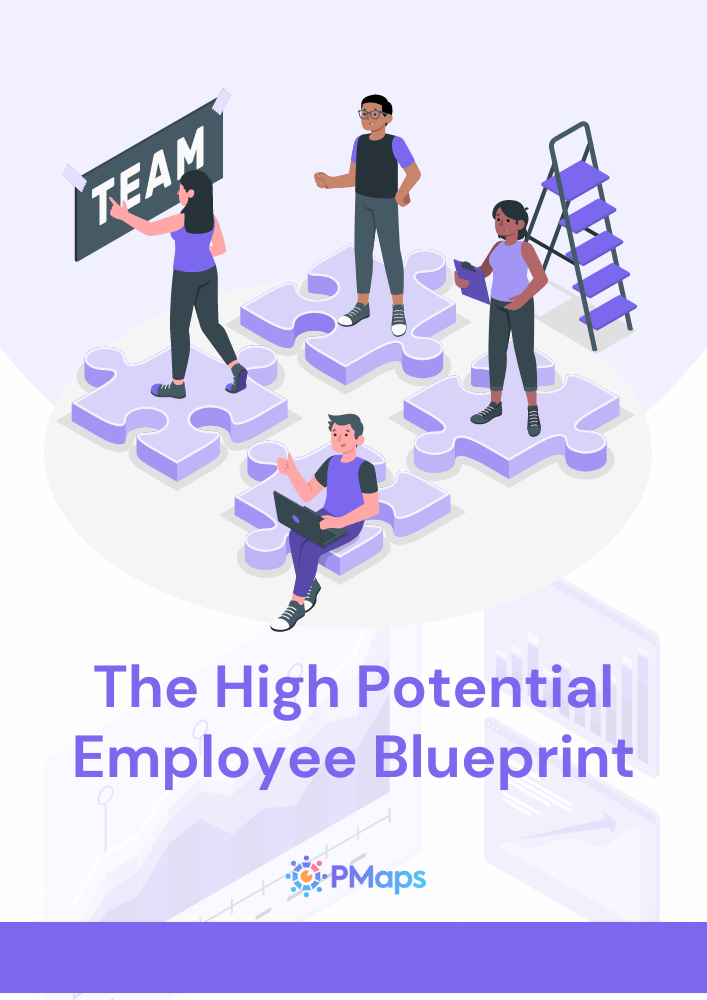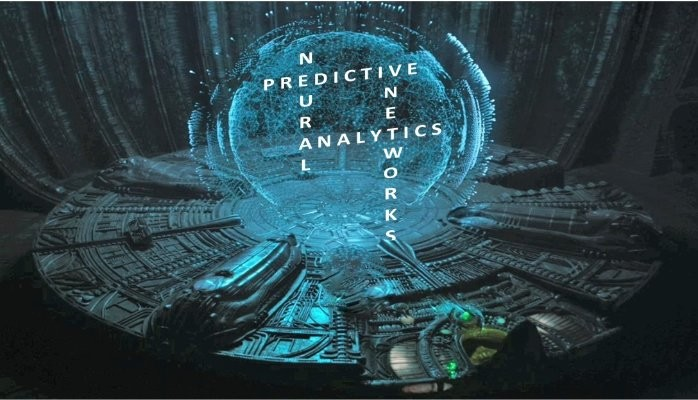
Spread the love
The world is still going through a major pandemic, which has made businesses slowly move towards long-term remote work. Tata Consultancy Services, an Indian multinational information technology (IT) service, implemented the work-from-home policy for its employees with the onset of COVID-19 and will reach to 75 percent in terms of remote working employees permanently by the year 2025. With such new work-from-home plans, policies, and job openings it has become increasingly important to adapt to this changing nature of the business by moving towards the digital versions of assessments. Sofie Emmertsen, the executive education consultant of Inspera Assessment, during her discussion at THE Live 2020 “Transforming assessment via digitization: key learnings from the pioneers” (2020) session talked about how digital assessments has become more popular after the Covid-19 pandemic.
‘Digital Assessments' is not an alien concept for any of us. It has been used in different sectors since a very long time but after Covid-19, many industries are making a permanent switch to digital medium for assessing the candidates. Deval Singh, the Assistant Vice President at Teamlease Services, talks about how during pre-covid times, face-to-face rounds were considered a necessity to understand candidate fitment but the practices have changed after Covid, and now candidate assessments are done through the digital medium by using standardized online tests.
The shift in the mindset of organizations after Covid-19 has changed the reliance on traditional practices for hiring and moved it more towards the use of digital assessments. And although online assessments were adopted as a response to the Covid-19 situation, now slowly companies are realizing that it has a lot more to offer than just remote hiring assistance. So, what are these digital assessments? Where did it originate from? Why are more companies moving towards Digital Assessments? This article will give you some insights regarding the same.
What Are Digital Assessments?
Digital Assessments are used to analyze the candidate's skills, abilities, behavior, and characteristics through a digital medium (using the internet and technological devices). It is also known as an online talent assessment or an e-assessment. Digital Assessments allow organizations to measure the employee's capabilities quicker, while maintaining the objectivity of the evaluation process at the same time.
The Earliest Attempts To Assess Digitally
One of the earliest known attempts of using digital medium for the assessment process was around the 1960's when PLATO (Programmed Logic for Automatic Teaching Operations) project was started at the University of Illinois. Another attempt was to assess students taking a formal course in programming called – “Automatic Grader”. The adaptation of digital assessments in organizational setup came into the picture much later and is still flourishing. More businesses are incorporating e-assessments to evaluate candidates who are fit for the role and to ensure the elimination of candidates that do not fit the demands of the role.
Types Of Digital Assessments Used In An Organizational Setup
There are various types of assessments used in organizational setups depending on the purpose, such as – during the recruitment process, while evaluating employee performance, and for understanding organizational growth. Some of the major types of digital assessment that are widely used in organizational setups are:
Aptitude Assessments: Aptitude Assessments are associated with specific job requirements and technical knowledge. They evaluate whether the candidate has the ability and the necessary skills to perform tasks related to the job. An example of Aptitude Assessment is Logical Reasoning which is used to assess the candidate's ability to work logically through concepts and problems and arrive at a correct solution.
Psychometric Assessment: These are used to understand the candidate's suitability for the work in terms of personality and behavioral aspects like working style, level of adjustment, attitudes, etc. The statements can consist of Multiple-Choice Questions, Open-Ended Questions, Situation-Based Statements, etc to measure their traits. One example of Psychometric Assessment is Managerial Assessment which is used to match the characteristics and traits of the candidate with that of an ideal manager while making hiring decisions.
Simulation-Based Assessments: These tests do not just assess the knowledge but also the application of knowledge by projecting the candidates to different situations. They make the candidates perform the task instead of just answering the questions. One example of Simulation-Based Assessment is Voice & Accent Analysis which makes the candidate record their responses to analyze their tone of voice, vocabulary, and grammar.
Why have companies moved from Pen-and-Paper tests to Digital Assessments?
Scalability: With online assessments, we can reach untapped resources by assessing not only the candidates who live within the geographical proximity but also those who are living outside it. The candidates can take up the assessments from the comforts of their houses which wasn't possible before with pen-and-paper tests.
New Digital-First Mindset: The new millennial generation prefers taking digital assessments over pen-and-paper tests because of their familiarity with technology. Another reason is that digital assessments provide friendly interfaces and at times the tests are even presented in a gamified format, which makes it more recreational in nature.
Fast and Accurate Results: With the growing need to assess a larger number of candidates, online assessments have simplified the evaluation process and provide accurate results overcoming the limitation of human error that came along with the pen-and-paper test. Along with that, the automated scoring feature, makes the result available straight away.
Saves Time and Resources: Digital Assessments not only saves the candidate's time but also the organization's time by speeding up the evaluation process (which is slower when done manually with pen-and-paper tests), reducing the human labour, and the invested resources.
Provide Comprehensive Results: Digital Assessments not only provide reports of the performance on an individual level and his/her areas of improvement but also in terms of the entire group – by global benchmark standards, by different roles, comparing different competencies, etc. allowing us to evaluate and make decisions on a more comprehensive level.
The Rise In the Usage Of Digital Assessments After COVID-19:
This year 2021 has brought more digital acceptance in the organizational setup; since it has become increasingly difficult to carry on physical assessments while simultaneously taking the Covid-19 health-related precautions. Here are some interesting trends/statistics indicating the same:
According to a report by Talent Assessment Tools in India (2016), 81% of the organizations have already adopted or are likely to adopt social media profiling tools for screening the candidates. Another 80% of the respondents expressed their interest in using online simulations as part of the assessment process.
The World Economic Forum released a report which stated that the digital transformation is expected to add $100 trillion to the world economy by the year 2025.
The Workplace 2025: The Post-Digital Frontier study found that when compared to developing companies, superior companies were 69% more likely to believe that embracing digital transformation is highly critical.
According to a recent survey conducted by HackerEarth, titled “The State of Developer Recruitment 2020,” COVID has accelerated the shift towards remote hiring tools, and 42% of the people who weren't using assessment tools before, have now started using them. In India, this figure has increased to 47%.
Challenges with Digital Assessments –
One of the primary challenges that companies face is the lack of digital skills in the candidates. According to a study done in the year 2019, around 43% of the respondents believed that the employees lacking digital skills can serve as a barrier to moving towards digital medium. Another common challenge is Culture. According to a study by Capgemini Research Institute, more than 6 out of 10 respondents consider culture as the number one hurdle to digital transformation.
Other challenges include the accessibility to computer and internet services, the presence of archaic IT systems and applications, etc. There have also been concerns about digital privacy, which becomes a hurdle in moving towards digital assessments. Although several solutions have been applied to resolve these concerns, there remain some aspects that are still challenging.
So here is how to select the right digital assessment tools –
Identify your needs and match them with the tool specifications. Every workplace has different requirements, and it is very important to understand first what you are looking for while selecting the right digital tool.
Make sure that the digital assessment tool is scientifically validated. With technology at our fingertips, it is easy to create a duplicate, non-validated tests, which wouldn't provide true insights; hence, it is advisable to always ask for a basis of test construction and the detailed scientifically validated report so as to avoid the trap of pseudo-assessment tools.
Ask for a demonstration and a sample report. Demonstrations and sample reports can give you clarity regarding whether the test-takers are digitally equipped enough to take the test, and whether the reports are clear enough to be analyzed further.
API integration. API Integration will relieve the company from the regular operational role, ensure data integrity and help in saving tons of time and resources.
Attractive and friendly interface. Such interfaces will help in holding candidates' interest from the beginning till the end to give authentic results.
Summing Up
Businesses are substantially affected after COVID-19 and are now at a critical stage where they are still adjusting to the Covid-19 changes and at the same time must be prepared for the new ones – which makes it extremely important to have the right tools to navigate in this changing business world.
Although there is an ongoing debate about which medium of assessment is better (digital or pen-and-paper), it is a matter of choice, the need and purpose of assessment and the amount of time and resources companies can invest. But in this age of digital transformation, the evidence in support of digital assessments is overwhelming to start considering it while hiring and using it in other important organization-related decisions!
-Somya Verma
Team PMaps – Psychologist







